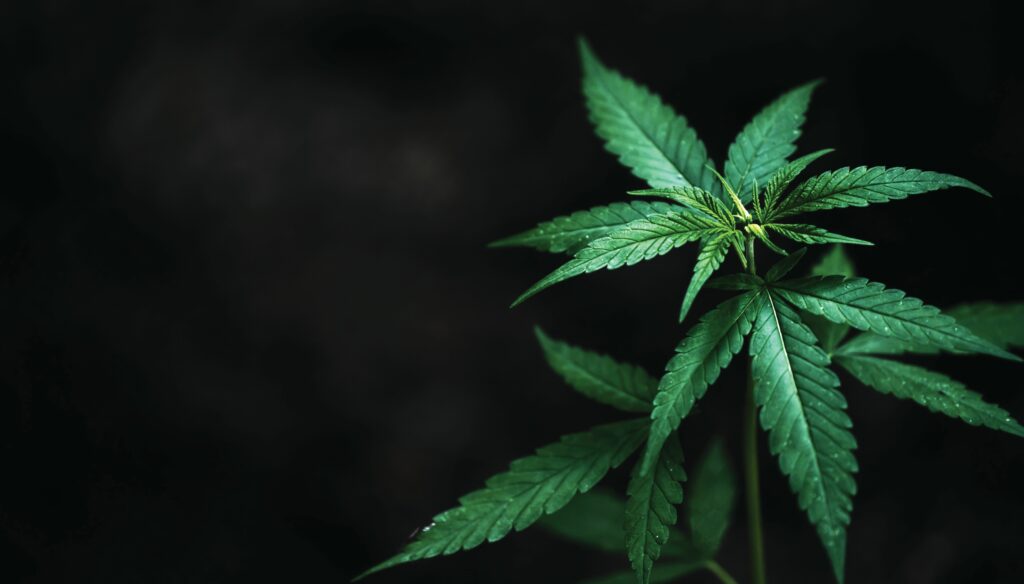Clinical Management of Cannabis Complications
3 min read
This special report features articles on cannabis use and its possible complications, including cannabis use disorder (CUD).
The first piece examines the use of cannabinoids in the geriatric population. The use of cannabis and cannabidiol (CBD) in older adults has become more common due to the decreased stigma. Forbearance of government restrictions on ownership and sale; and advertisements announcing benefits for chronic pain, peripheral neuropathy, stress, anxiety, depression, insomnia, headaches, and the adverse effects of chemotherapy. Medical marijuana use by people aged 65 and over has increased more than eight-fold in recent years. The article sums up well how heavy marijuana use can cause mild functional and structural brain disorders that affect attention, processing speed, motor coordination, verbal memory, and executive function. Overall, every elderly patient and their caregivers should be interviewed about the use of cannabis products. You should also be warned that people with pre-existing neurocognitive impairments such as Alzheimer’s disease may be particularly prone to side effects such as sleepiness, dizziness, fatigue, and mood swings.
We have a changing cultural ethos when it comes to accepting cannabis. However, many users will suffer from its use. Some develop CUD, and many can affect their educational performance, work life, health, and relationships. The next article in this special report provides an overview of clinical evidence on the increasing number of cannabis users experiencing negative effects, from annoying to disastrous. As already mentioned, these effects result from three sources: the greatly reduced risk perception of potential users in recent years, the easy availability of cannabis and the increased effectiveness of Δ-9-tetrahydrocannabinol (THC) in legal and illegal cannabis sources. In recent years, THC levels in smoked cannabis have doubled to 17.1% in 2017. Because of these high levels of THC, doctors need to recognize psychiatric complications from heavy repeated cannabis use such as depression, anxiety, psychosis, and, although rare, the cannabinoid hyperemesis syndrome.
Although subtle compared to alcohol or opioid withdrawal, cannabis withdrawal does occur and includes irritability, anxiety, depression, insomnia, disturbing dreams, anorexia, abdominal pain, tremors, sweating, fever, chills, headache, and craving. Off-label drug use for withdrawal is recommended and may include gabapentin and the THC analogue dronabinol, as well as limited amounts of benzodiazepines for anxiety and insomnia relief. However, there has been little efficacy in treating CUD.
The final article focuses on patients with schizophrenia. It brings together the vast literature on cannabis and psychosis risk. The piece also reviews the literature on genetic associations, previous age of onset, poorer treatment outcomes, and cognition. For example, a critical meta-analysis revealed a connection between better cognitive performance and cannabis use in schizophrenia. This finding deserves careful replication, as another analysis of schizophrenia in the first episode found that patients with psychosis and current cannabis use had significantly lower premorbid and current IQ scores.
We hope you find that this special educational report improves your understanding of the rapidly changing field of cannabinoids and their clinical implications, especially for our geriatric populations and patients with schizophrenia.
Dr. Cost is the Jay H. Wagoner Endowed Chair and co-founder at the Institute for Clinical and Translational Research. He is also a professor of psychiatry, neuroscience, pharmacology and immunology at Baylor College of Medicine in Houston, Texas. Dr. Verrico is an Assistant Professor of Psychiatry Research at Baylor College of Medicine. ❒








 Protected by Patchstack
Protected by Patchstack